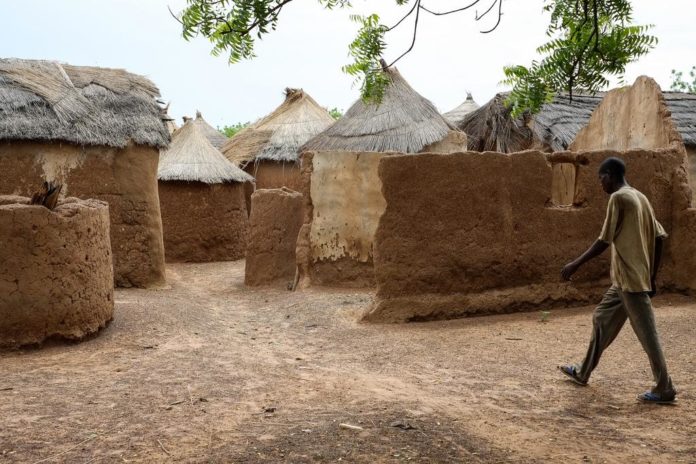43% of household heads out of the 1, 271,883, population in the Upper East Region are languishing in multidimensional poverty which means that about 546,901 persons are said to be poor.
Out of the 546,901 persons said to be poor, 47.5% which is about 25,978 are said to be severely poor. 33.3% according to the data have no access to health insurance.
A breakdown of the data show that a little over 50% of household heads have no education with 41% of male headed households being poor.
This comes barely 6 years to the timeline of achieving Goal 1 of Agenda 2030 which is aimed at eradicating poverty in all of its forms.
The Multidimensional Poverty Index (MPI) reports assess the simultaneous deprivation that are experienced by people in a location.
It pays attention to particular areas such as Health, Education, Living conditions and employment with the regional situation showing that the poor suffer from multiple disadvantages including poor health and malnutrition, lack of clean water or electricity or quality work.
The aim of the index is to provide targeted interventions for the allocation of resources, assess and evaluate local resources.
Isaac Addae of the Census and Survey Organization Directorate of the Ghana Statistical Service, presenting the data at a Regional Dissemination of the Multidimensional Poverty Index in Bolgatanga, identified unemployment as major contributory factor of the high figures recorded in the region.
“36.9 percent of the population are not employed. So if they are not employed, it would automatically affect the household income, affect our dietary. And then one thing will lead to the other and then we start having rise in malnutrition,” he stated.
With the Nabdam District captured as the poorest, the District Chief Executive, Agnes Anamoo, expressed worry over the revelation and called on indigenes of the area who are abroad to return home to help develop it.
“Most of us are outside the district, almost all our children. When they are working, they go to Bolga and they would build their houses there leaving the district,” she stated.
“When you think of education, the prominent people are from Nabdam. You want to get doctors, professors all are from Nabdam. So I’m appealing to our people to come and put such nice houses here”.




